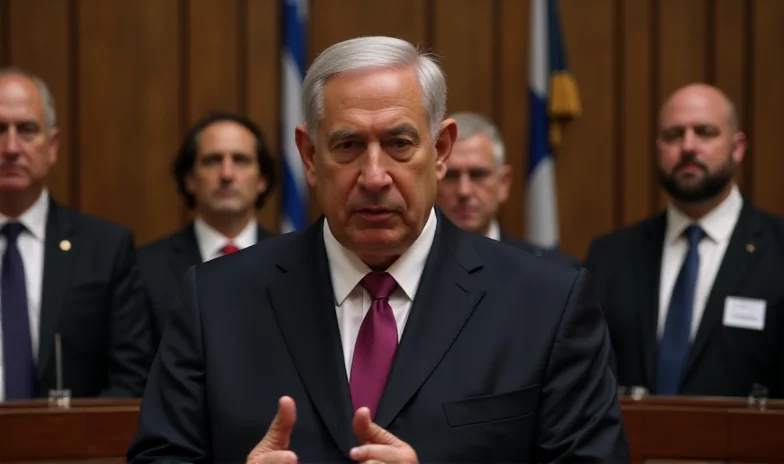Israeli Prime Minister Benjamin Netanyahu finds himself in a precarious position as the Gaza ceasefire continues. Caught between hard-right allies pushing for a return to war, an Israeli public desperate for the release of more hostages, and international pressure to maintain the peace, Netanyahu's next steps are crucial.
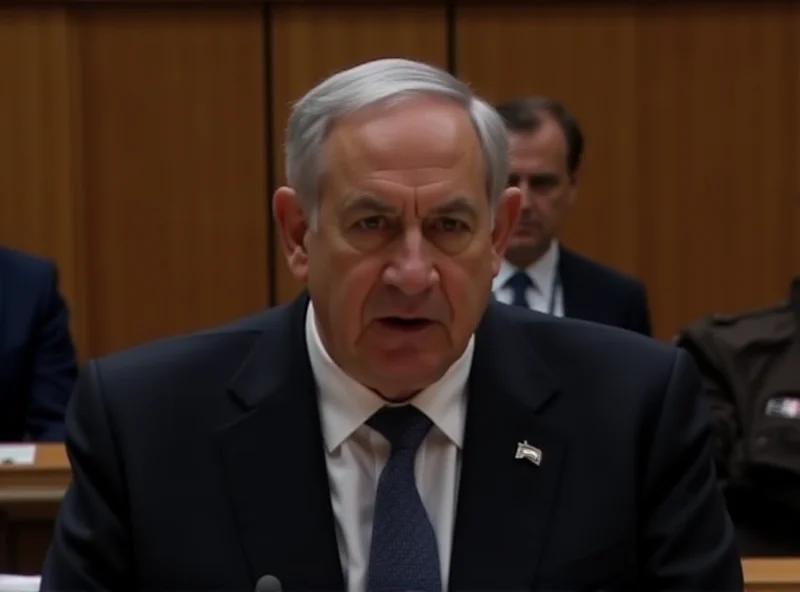
Conflicting Demands on the Ceasefire
The situation is further complicated by the Trump administration's support for the ceasefire with Hamas. This international backing contrasts sharply with the internal pressures Netanyahu faces, highlighting the tightrope he must walk to maintain both domestic stability and international relations. "This is a critical moment for Israel," says political analyst Sarah Miller. "Netanyahu's decisions in the coming days will define his legacy."
The demand for the release of hostages continues to be a major driving force behind public sentiment. Families of those captured during the October 7th attacks are vocally advocating for their loved ones' safe return, adding another layer of complexity to the already tense situation.
Shin Bet Report Blames Policies
Adding fuel to the fire, the Israeli security agency Shin Bet has reportedly pointed to Netanyahu's government as partly responsible for the Hamas attack on October 7th. According to the report, the government disregarded intelligence warnings about attack plans, and certain policies may have inadvertently encouraged the devastating incident.
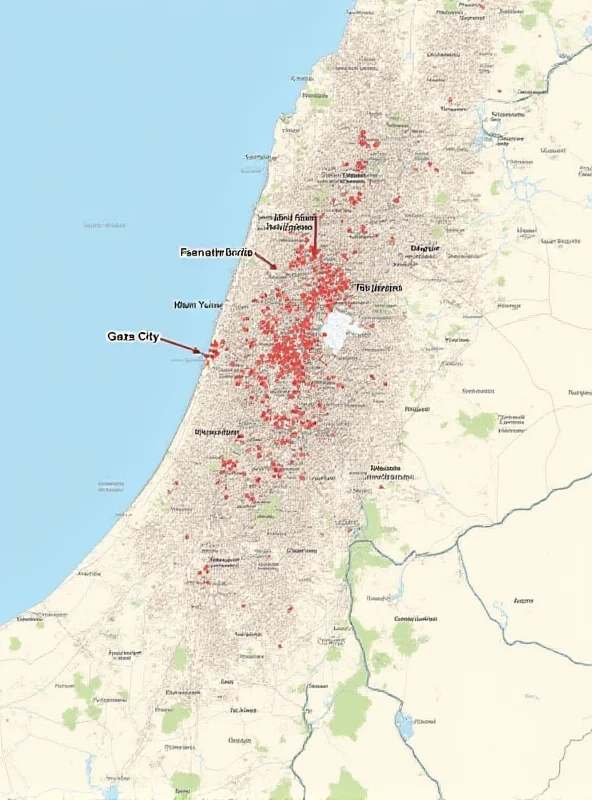
This accusation further intensifies the pressure on Netanyahu, raising questions about accountability and leadership in the lead-up to the attack. The report could have significant political ramifications, potentially impacting Netanyahu's future leadership.
Forgotten American Victims
Amidst the ongoing conflict and political turmoil, the plight of American victims of the October 7th massacre has largely been overlooked. Forty-five Americans were killed, and 12 others were forcibly taken by Hamas terrorists during the attacks. Their stories, often overshadowed by broader geopolitical narratives, deserve recognition and remembrance.
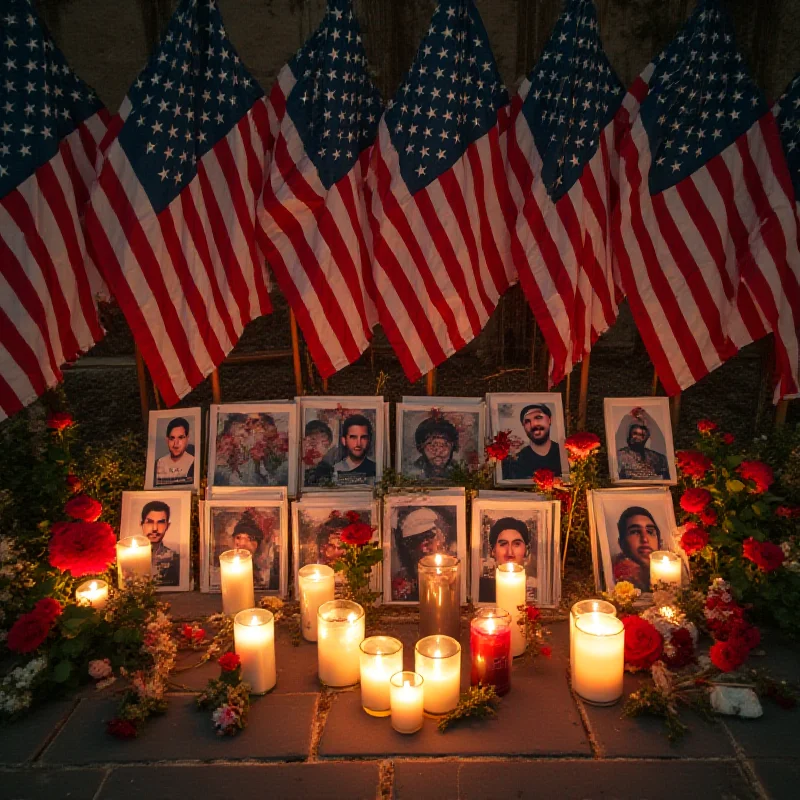
The American victims and their families deserve justice and support. Ensuring their stories are not forgotten is a crucial part of honoring their memory and holding those responsible accountable.
Controversy in Europe
The fallout from the conflict has extended beyond the Middle East, sparking controversy in Europe. Hassen Chalghoumi, the Imam of Drancy, has demanded the revocation of nationality for Rima Hassan, a pro-Palestinian MEP, following her statement that "Hamas has a legitimate action from the standpoint of international law." Chalghoumi called for a "sanction" to "set an example" and combat "apology for terrorism," highlighting the deeply divisive nature of the conflict and its impact on political discourse across the globe.
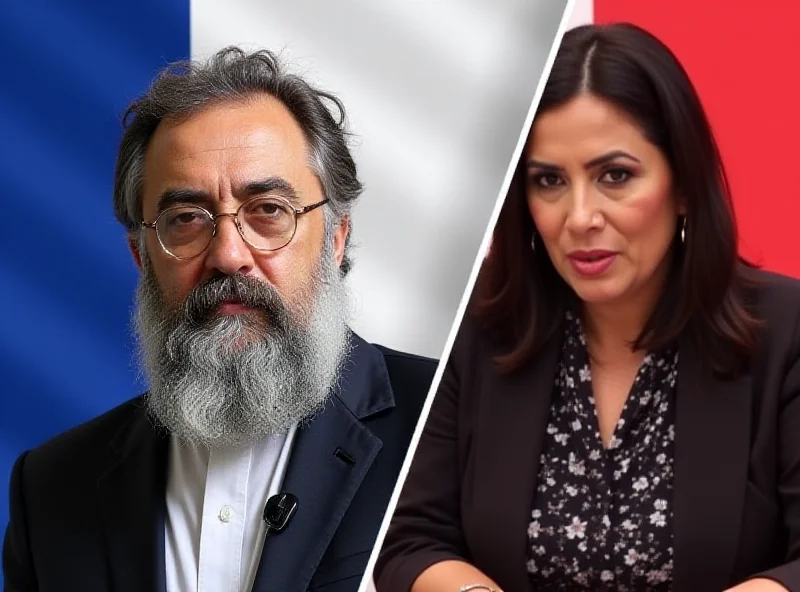
This incident underscores the complex challenges of balancing freedom of expression with the need to combat hate speech and incitement to violence in the context of the Israeli-Palestinian conflict. The debate over Hassan's comments and Chalghoumi's response reflects the broader tensions and divisions that the conflict has exposed within European societies.
